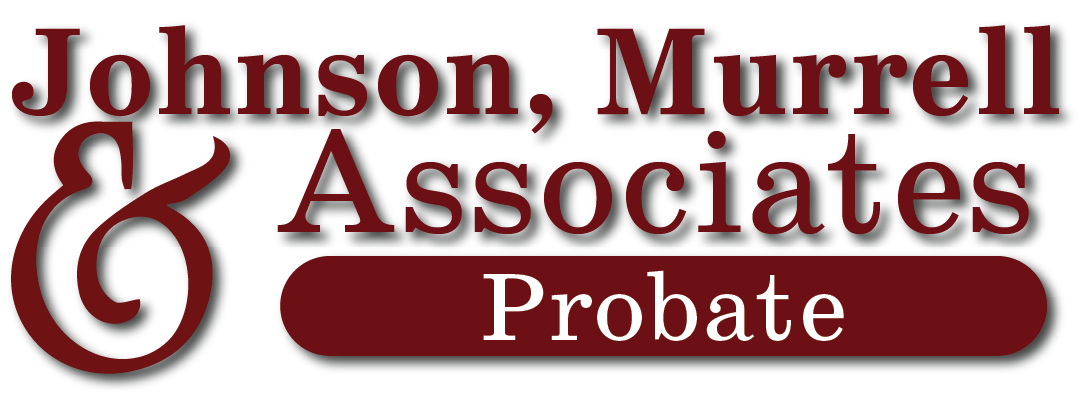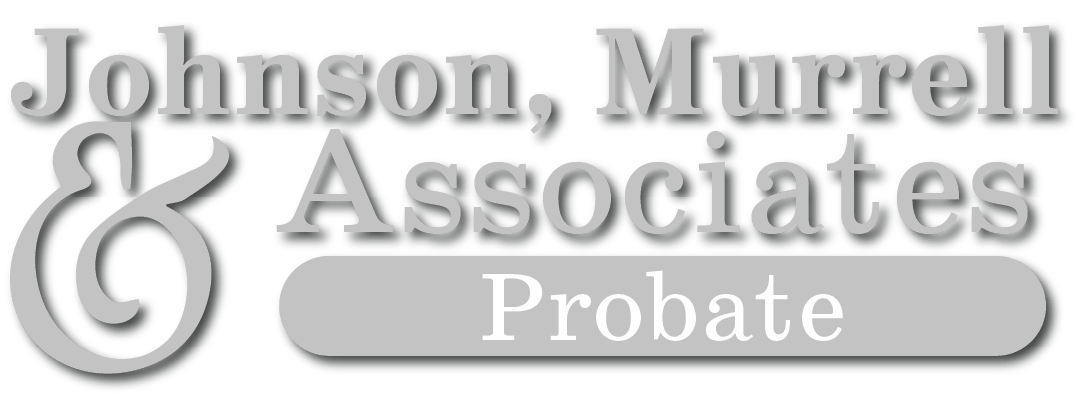If you’ve recently been named an executor, preparing a final accounting for an estate can seem daunting, especially if you don’t have a legal or accounting background. Accurate final accounting is essential for transparency, legal compliance, and ensuring fair distribution to beneficiaries. While challenging, understanding this process is key to fulfilling your executor duties effectively.
Preparing a final accounting for an estate includes:
- Identifying assets and liabilities
- Recording financial transactions
- Preparing formal accounting document
- Filing the accounting with the court
Why the Probate Accounting Process Matters
Accurate final accounting of an estate is an essential part of the probate process, fostering trust and peace of mind during a challenging time. It ensures transparency and accountability, helping beneficiaries understand how the estate’s assets are managed and distributed. It can also help ease tensions and prevent disputes between different parties of an estate.
For the executor, a thorough accounting protects against potential future liabilities by demonstrating responsible stewardship of the estate. It also fulfills important legal obligations, ensuring compliance with probate laws.
Most importantly, probate accounting provides a clear record of the estate administration process. This offers reassurance to all involved that everything has been handled fairly and thoughtfully during a difficult period.
How Do I Prepare a Final Accounting for an Estate?
Probate accounting is a complicated process. By meticulously documenting asset management, financial transactions, and distributions, the executor of an estate can protect themselves legally while providing beneficiaries a clear understanding of how the estate is handled and settled.
1. Identifying assets and liabilities
Identifying estate assets and liabilities starts with creating a comprehensive inventory of all estate assets, including:
- Real estate
- Vehicles
- Bank accounts
- Investments
- Personal property
Any other valuable items should also be accounted for. Be thorough and detail-oriented so that nothing is overlooked.
This doesn’t mean that you have to have an individual inventory for everything you find. For instance, you don’t need to price out every old shirt and sweater in a closet. In this case, you can give a ballpark value for the whole collection of clothing. However, a more valuable item like a diamond necklace may require an appraisal to determine its exact worth.
You’ll also need to compile a list of all debts and outstanding bills the estate owes. This includes:
- Mortgages
- Credit card balances
- Personal loans
- Medical bills
Any other financial obligations should be accounted for. This comprehensive overview of assets and liabilities will form the foundation of your final accounting.
2. Recording financial transactions
Start recording financial transactions by tracking all income received by the estate, including:
- Interest from bank accounts
- Dividends from investments
- Rental income from properties
Be sure to include any other sources of revenue.
Next, document all expenses paid by the estate. This includes funeral costs, legal fees, property maintenance, taxes—basically any other bills or debts settled on behalf of the estate. You should also keep detailed records and receipts for each transaction.
For the final part of this step, record any distributions made to beneficiaries. This includes both partial and final distributions of assets or funds. Make sure to note the date, amount, and recipient of each distribution.
Maintaining accurate and chronological records of these transactions will ensure a transparent and comprehensive final accounting.
3. Preparing formal accounting document
Preparing a formal accounting document is a critical step in finalizing an estate’s administration. Begin by organizing all financial information into a clear, comprehensive report. This document should present a complete picture of the estate’s financial activities from the date of death to the present.
Include detailed schedules of:
- Receipts — all income and funds received
- Disbursements — all expenses and payments made
- Distributions — assets or funds given to beneficiaries
Each entry should include the date, description, and amount.
Ensure the report’s accuracy and completeness by double-checking all figures and cross-referencing with original documents. Pay special attention to the beginning and ending balances, making sure they reconcile with all transactions recorded.
Remember, this document will be scrutinized by the parties of the estate and the court, so clarity and precision are crucial.
4. Filing the accounting with the court
Filing the probate accounting with the court is the last step in preparing a final accounting for an estate. Begin by submitting the formal accounting document to the probate court. This comprehensive report should detail all financial transactions related to the estate.
Next, prepare and file the petition for final distribution. It should be in a legal pleading format with an appropriate title while:
- Summarizing the accounting
- Listing beneficiaries
- Outlining the proposed distribution plan
Finally, attend the court hearing to present the documents and address any questions. The court will review the accounting and distribution plan. Upon approval, the court will issue an order authorizing the final distribution of the estate’s assets.
How Johnson, Murrell & Associates Can Help
At Johnson, Murrell & Associates, we know that preparing the final accounting for an estate can be overwhelming during an already emotional time. With over 40 years of probate experience in Tennessee, our compassionate team is equipped to handle the legal complexities so you can focus on healing.
We can assist with:
- Making necessary contacts
- Managing billing
- Organizing financial records to ensure accuracy
Our attorneys will file all required paperwork, prepare the formal accounting, and represent you in court to obtain approval for the distribution plan. Whether you’re local or out of state, Johnson, Murrell & Associates provides personalized guidance every step of the way to ensure that the process is smooth and stress-free.

Probate accounting ensures transparent estate management by documenting financial transactions, protecting executors, and preventing disputes. It provides a comprehensive record of asset distribution, helping beneficiaries understand the process while fulfilling legal obligations and offering reassurance during a challenging time.
At Johnson, Murrell, & Associates, we understand that handling a loved one’s estate and bills after their passing is an emotional, stressful experience. Our job is to make your life easier, which means guiding you through the process so you understand what’s to come. To schedule a consultation, call us at 865-453-1091 or schedule an appointment.



